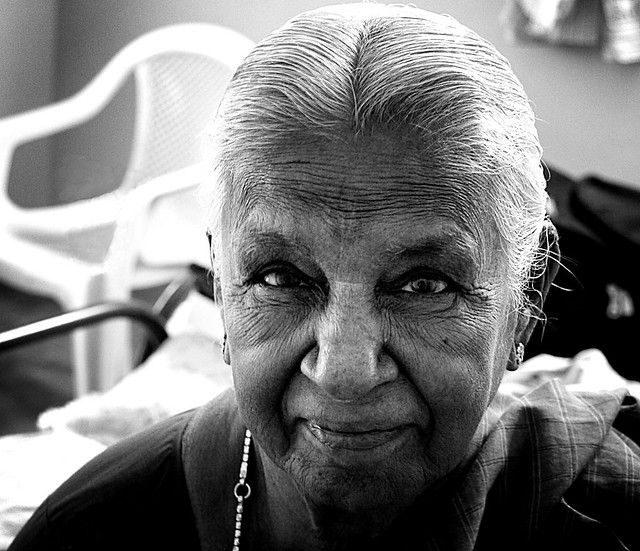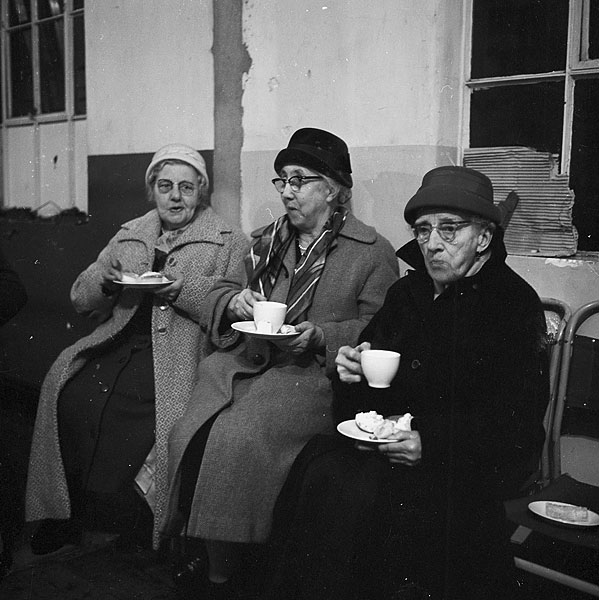 |
| Photo by legends2k |
How can I take control of stress?
The first thing you need to do is to take a long look. Is your situation so demanding that it stresses you? Get a view on life and decide if you want the positive or negative things offered to you. Figure out how stress will affect your health to see if it is worth hanging onto the negative. Next, ask do you eat right and do you get enough rest? How’s your diet? Is it a healthy diet or is it a junk food diet?
How do people learn to deal with stress?
People learn to deal with stress all the time. It will take time, yet if you want it bad enough you will do it. You have to learn how to cope with the stress before you can deal with it. However, if you do this it will make it easier for you and you will stay healthy. Therefore, the answer to your question is to learn new coping skills.
How can stress affect my health?
Stress can affect you in many ways. Stress can make you feel sick more than normal. Stress can make it difficult for you to make decisions since it affects your concentration. Your normal sleeping patterns can be affected by stress. Some people experience balance eating habits. Some people will eat more than normal and others will not eat at all. You might develop high blood pressure. You could also be affected to the point of living with heart disease. Stress causes anxiety and depression. Stress can affect your overall mental and physical character. You need to learn how to control stress before it takes over you and controls you. You cannot just jump in and take control, however, since it takes time to learn how to control stress. Still, the effort you put forth is the gain you get back.
How do I find the ways to control my stress?
You have many options. To learn how you can control stress, consider who you are and what you want from life. You can write down things that stress you the most. Keep in mind some things in life you have no control. For instance, you have children who will cause you stress. Perhaps you have a job, and sometimes it causes you stress. As you age, sometimes as a parent you feel helpless, since you have no control over your adult children. Remember, these children have rights to make their own choices, which may affect you, but you have no control. Let it go. Do not spend your time worrying or yelling at the children, since they are grown and will do what they please, just as you did in your youthful years. Work on you, not anyone else, since it is the key to finding ways to control your stress.
Learn how to say no and mean it.
This is a great way to reduce stress. Do not be afraid of hurting someone’s feelings. If they cannot handle no, then the person likely feels rejection and needs help for self. Setting limits mean you have to do what has to be done first for you before someone.
Learning to manage your stress is not going to be easy but it can be done with some work and willpower.




